
Caretakers
“Caretaker” has a number of uses. It is a noun. Schools and apartment blocks normally have caretakers (porteros, vigilantes, conserjes). A similar word is “janitor”
Si quisiera mejorar o aprender inglés, este blog podría ser su ayudante.
Cada semana algo nuevo se publica. Si quisiera recibir una notificación de un tema nuevo por correo electrónico solo tiene que suscribirse a nuestro blog desde el formulario del final de la página. Ir al formulario.
Su correo electrónico sería guardado de manera confidencial para que ninguna otra persona pueda usarlo.
El blog será en inglés, y únicamente damos explicaciones mínimas (en español) para aclarar algo, para traducir algo que podría ser difícil, o para acelerar su entendimiento.
El autor es Aimee, directora y una especialista en educación hablante nativa.

“Caretaker” has a number of uses. It is a noun. Schools and apartment blocks normally have caretakers (porteros, vigilantes, conserjes). A similar word is “janitor”

To crunch (mascar, ronzar) you may know. Mortals often crunch an apple (…ronzan una manzana) or a biscuit. The apple or biscuit might be “crunchy”

The answer is probably. If someone decides to paint your portrait (retrato) you are a sitter (modelo). You might also have worked as a “babysitter”

To “trundle” is to progress slowly and perhaps with difficulty. It also refers to something on wheels that is moving slowly. Some examples: Gilberto trundled
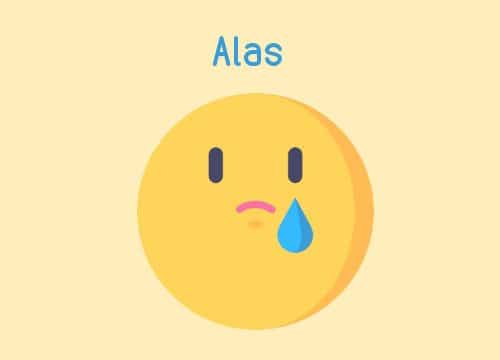
“Alas” expresses sadness or regret. Perhaps the nearest options in Spanish would be ¡qué pena! ¡qué lástima! or “desgraciadamente”. Examine these: You are asked a
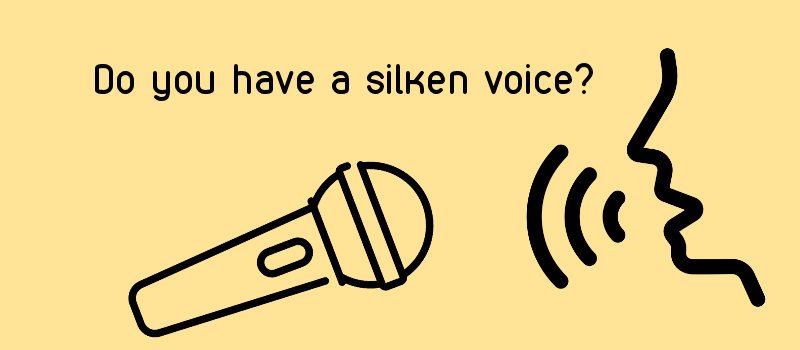
“Silken” comes from “silk” (seda). Sometimes females wear a silken (de seda) dress, and also “silken hats” (sombreros de copa). There are silk “industries” industrias
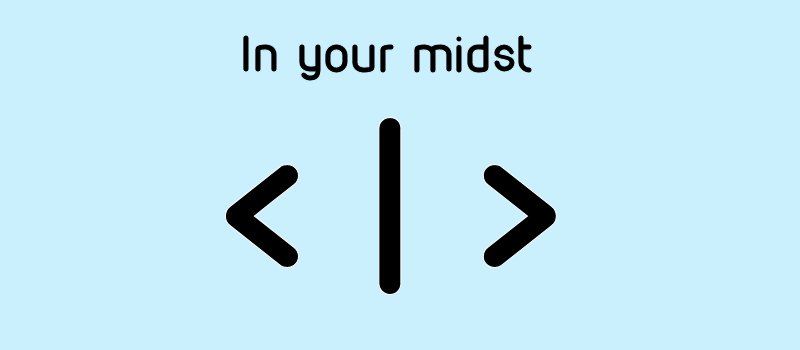
“Midst” is a noun, and it can refer to a place or the middle of an event where there are some or many mortals (mortales).

We have had “inclement” weather in February. This means that the weather has been chilly, wintry (de invierno), freezing, cold or “brass-monkey weather” (un dicho
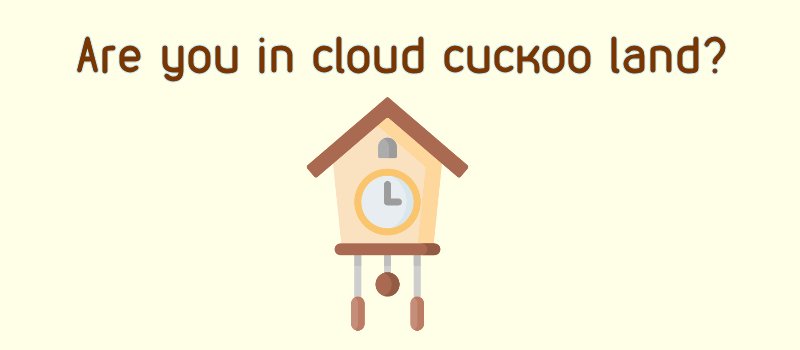
“Cuckoo” ( cuco, cuclillo) you may know. Perhaps you have a cuckoo clock (reloj de cuco) in your house. “Cuckoo” has other uses. If someone

This word you will know. However, it is often used incorrectly even by the Cambridge University exam organisation. If you have done a Cambridge listening

The answer to this question is “probably”. To natter is to talk casually, usually about unimportant things. Sometimes mortals “have a natter (una charla) or
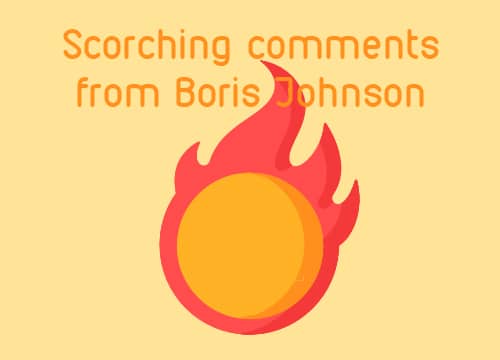
«Scorching» (abrasador), the adjective, you may know. Sometimes we have a very hot day (hace un calor tremendo) or scorching day. You might say that

Esta web utiliza cookies para que podamos ofrecerte la mejor experiencia de usuario posible. La información de las cookies se almacena en tu navegador y realiza funciones tales como reconocerte cuando vuelves a nuestra web o ayudar a nuestro equipo a comprender qué secciones de la web encuentras más interesantes y útiles.
Las cookies estrictamente necesarias tiene que activarse siempre para que podamos guardar tus preferencias de ajustes de cookies.
Si desactivas esta cookie no podremos guardar tus preferencias. Esto significa que cada vez que visites esta web tendrás que activar o desactivar las cookies de nuevo.